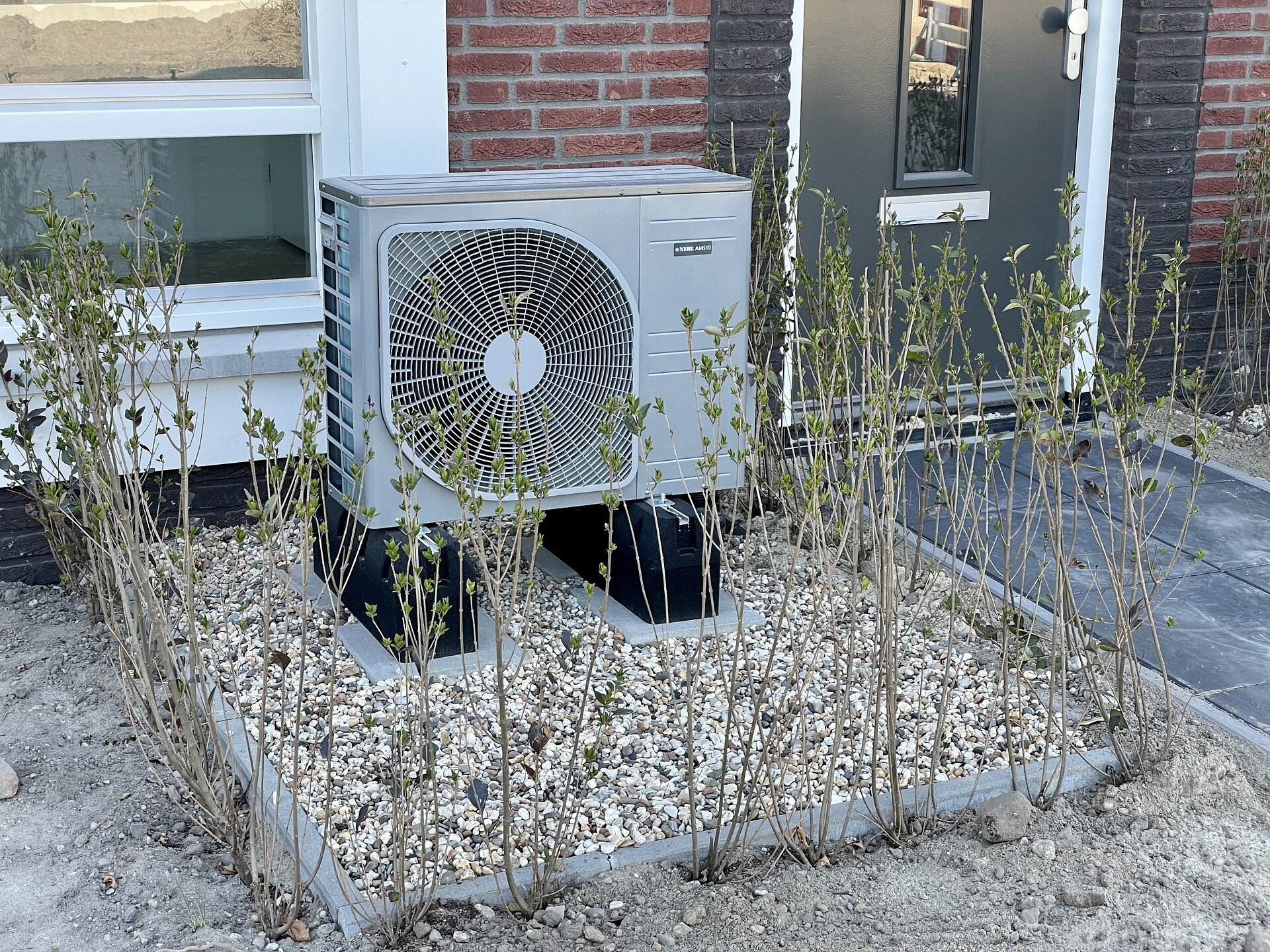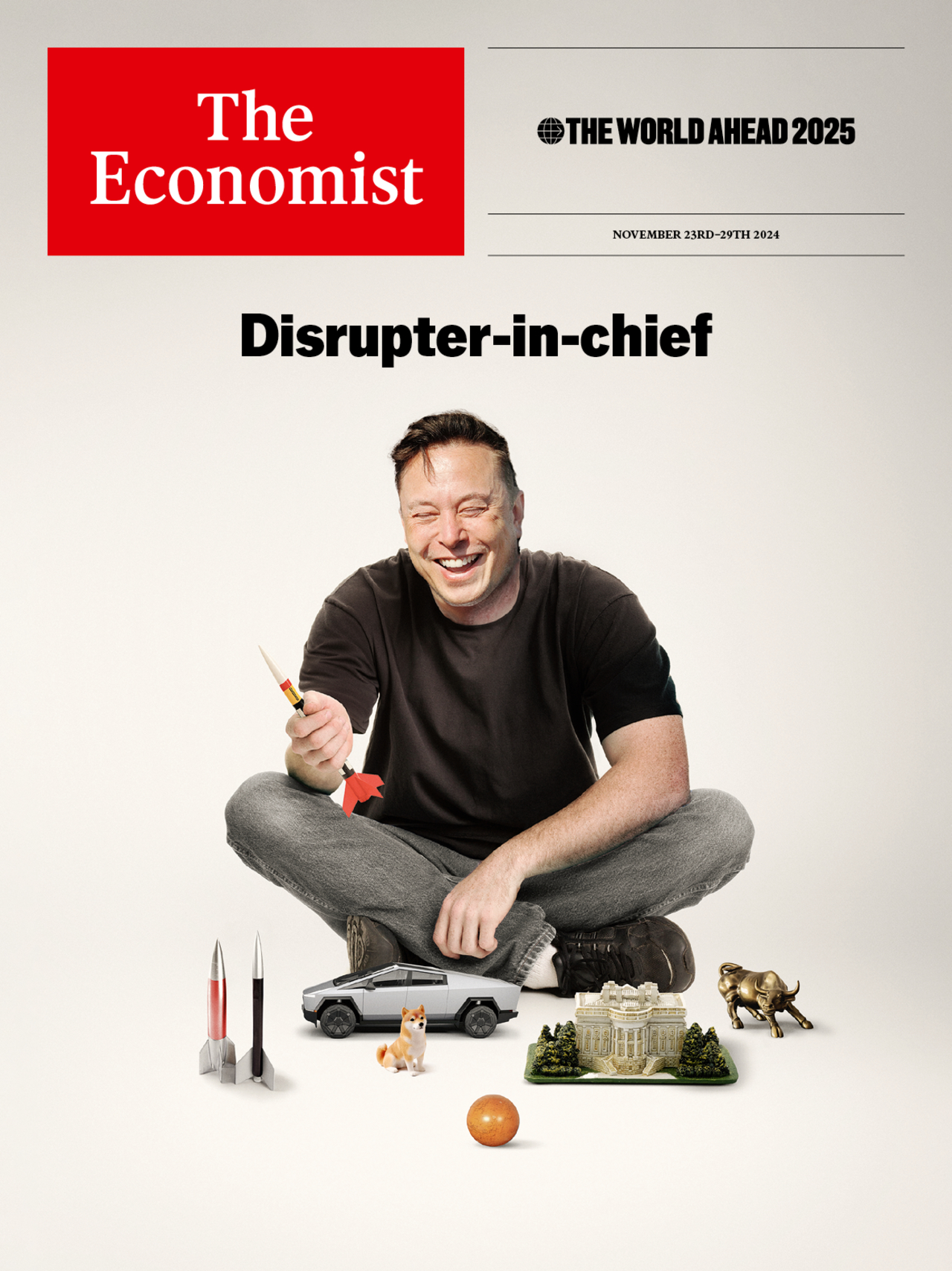
The Dark Side of Technology: How Cellphone Overuse Affects Mental Health
The rapid evolution of technology has transformed our lives in many ways. Smartphones and social media have become an integral part of our daily lives. However, this new technology brings about new challenges, such as anxiety heightened by prolonged interactions on social media and cellphone use.
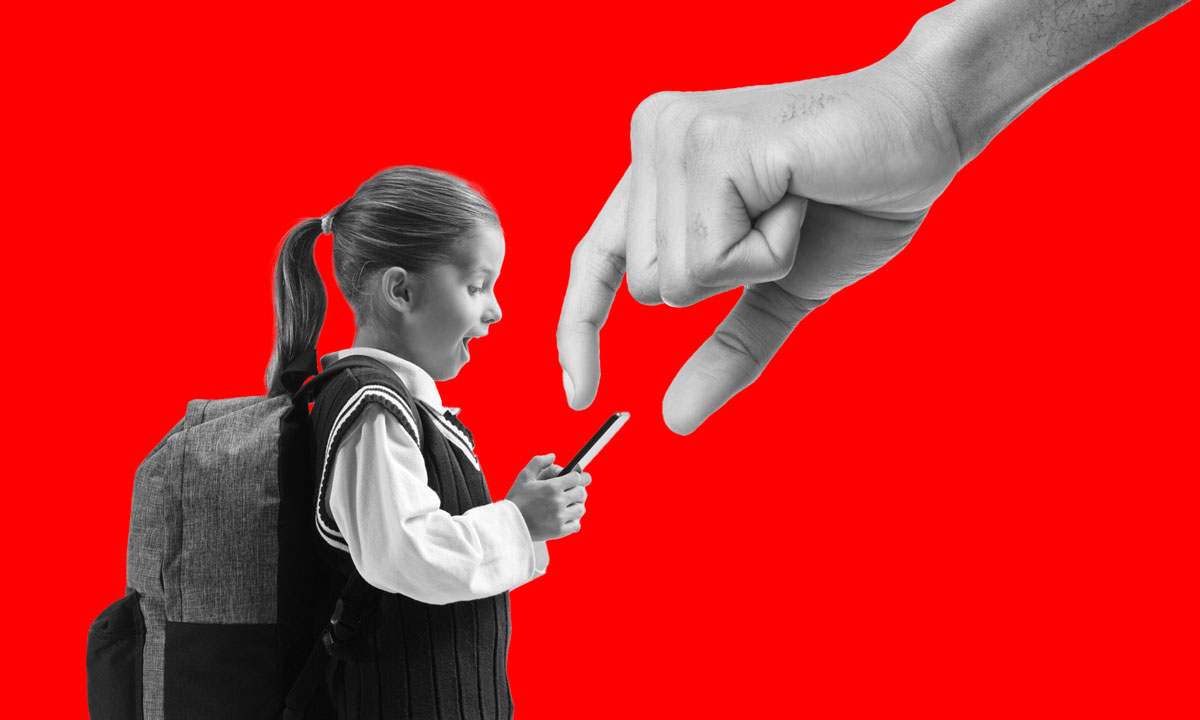 The constant buzz of notifications can be overwhelming.
The constant buzz of notifications can be overwhelming.
According to Theresa McKenna, clinical health psychologist and director of Psychology Services at St. Charles Hospital in Port Jefferson, social media and the overuse of cellphones can lead to increased anxiety, especially in adolescents and teens. McKenna stresses that a more nuanced approach is often necessary to combat these feelings.
Curing emotions brought about by technology is not as simple as painting social media as purely evil. Social media can allow people to easily connect with others and build groups and communities around shared hobbies. However, McKenna explained that there are still plenty of issues that social media can create.
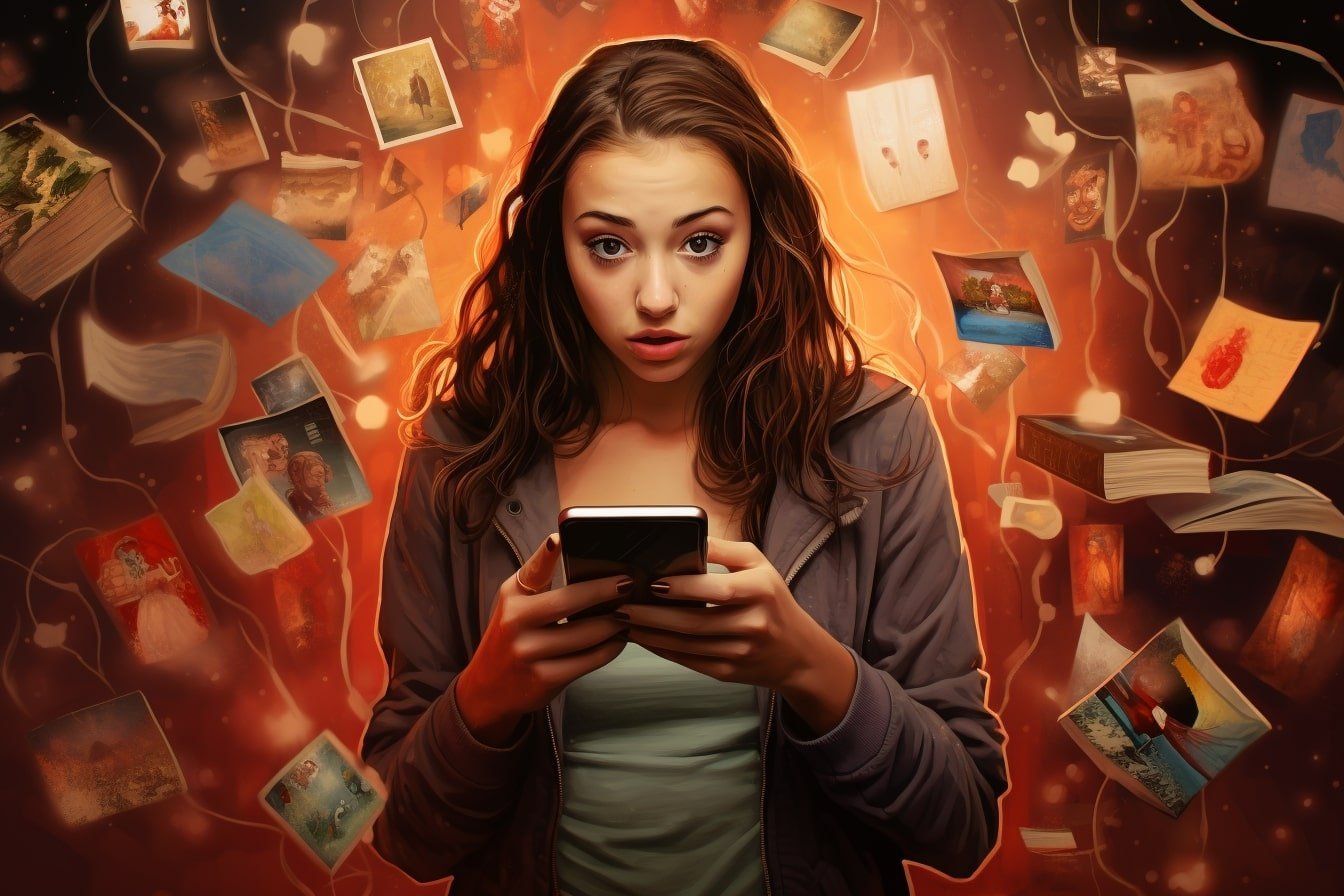 Comparing our lives to others on social media can lead to feelings of inadequacy.
Comparing our lives to others on social media can lead to feelings of inadequacy.
For instance, if an adolescent didn’t previously know about a party, seeing pictures of it online, along with being able to know who was there, can create a feeling of being left out, which can increase the risk of depression, isolationism, and anxiety. This also contributes to a problem of a lack of boundary setting for oneself with the amount of social media usage, along with the amount of information shared.
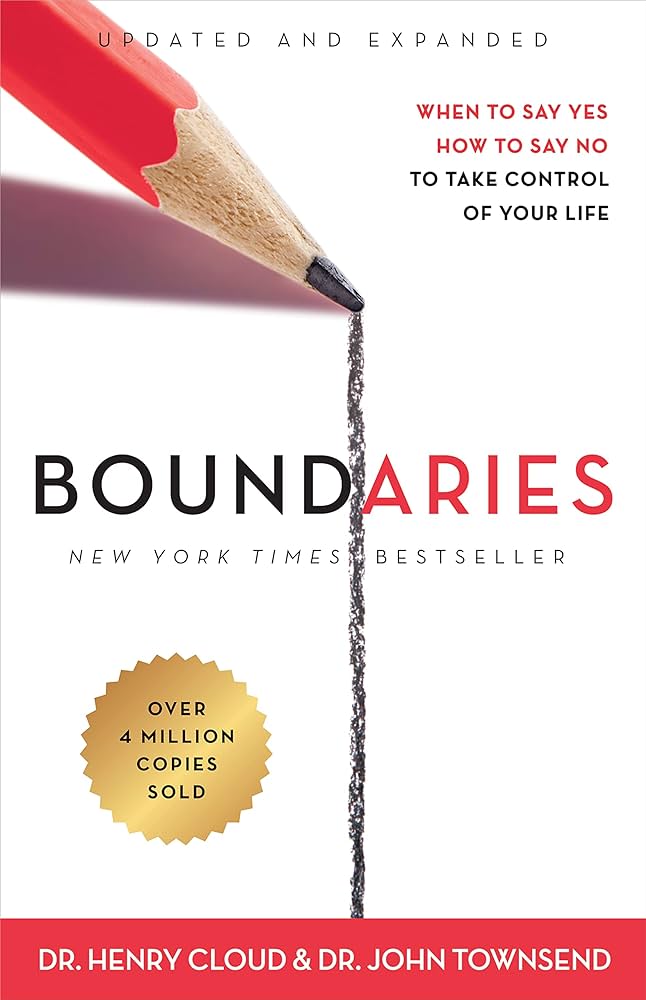 Setting boundaries with technology is crucial for our mental health.
Setting boundaries with technology is crucial for our mental health.
The global pandemic has also made screen time usage more complicated. With the shift to remote work, many people are spending more time in front of screens than ever before. According to a March 2023 Pew Research Center survey, around 35% of workers who had jobs that could be done remotely were doing so full-time, as opposed to just 7% before the pandemic.
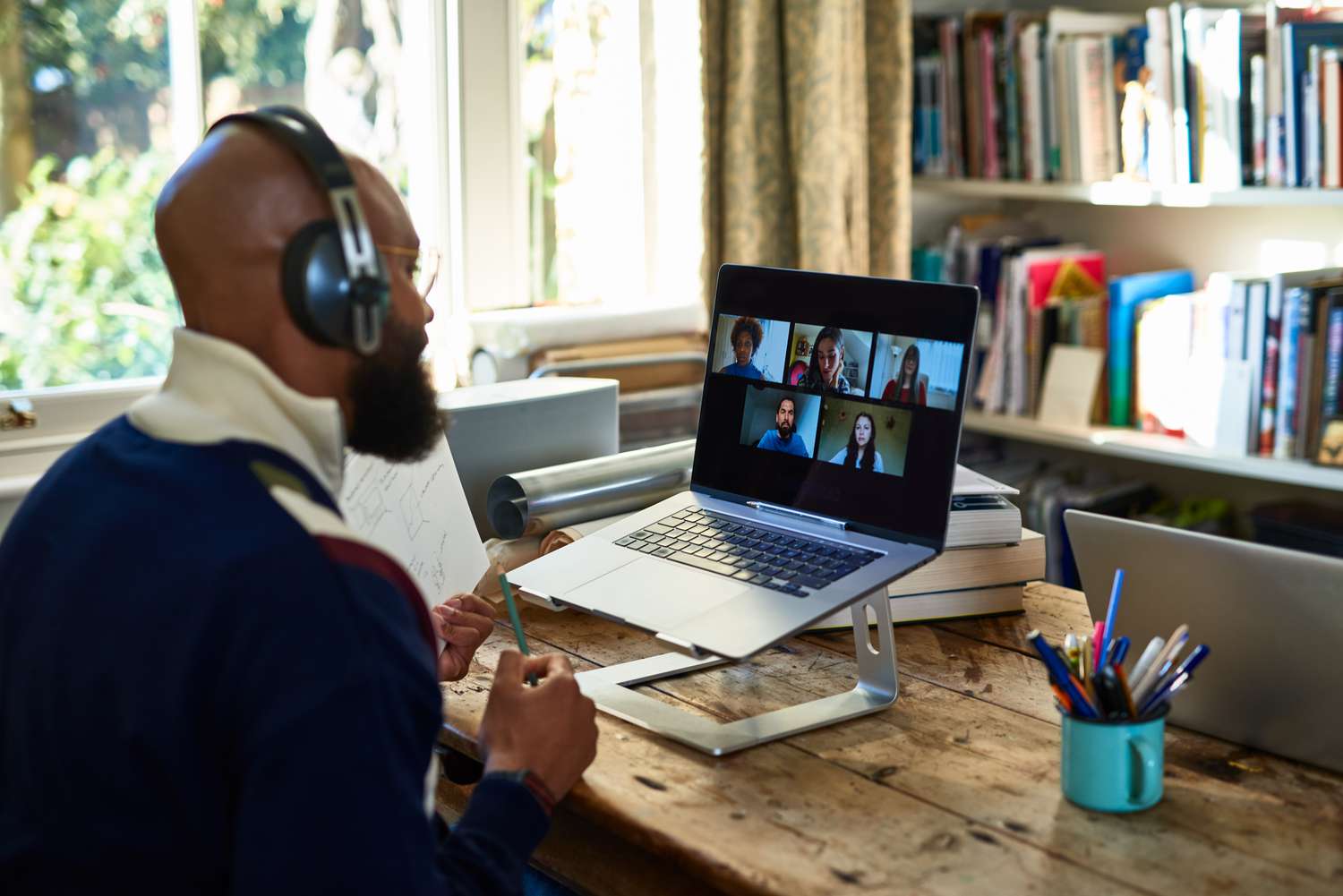 The shift to remote work has blurred the lines between work and personal life.
The shift to remote work has blurred the lines between work and personal life.
McKenna suggests that people struggling with overuse of cellphones try to engage in a “digital detox,” in which they start to use cellphones and other smart technology less. One of the biggest steps that she suggested was to keep smartphones away from the bedroom.
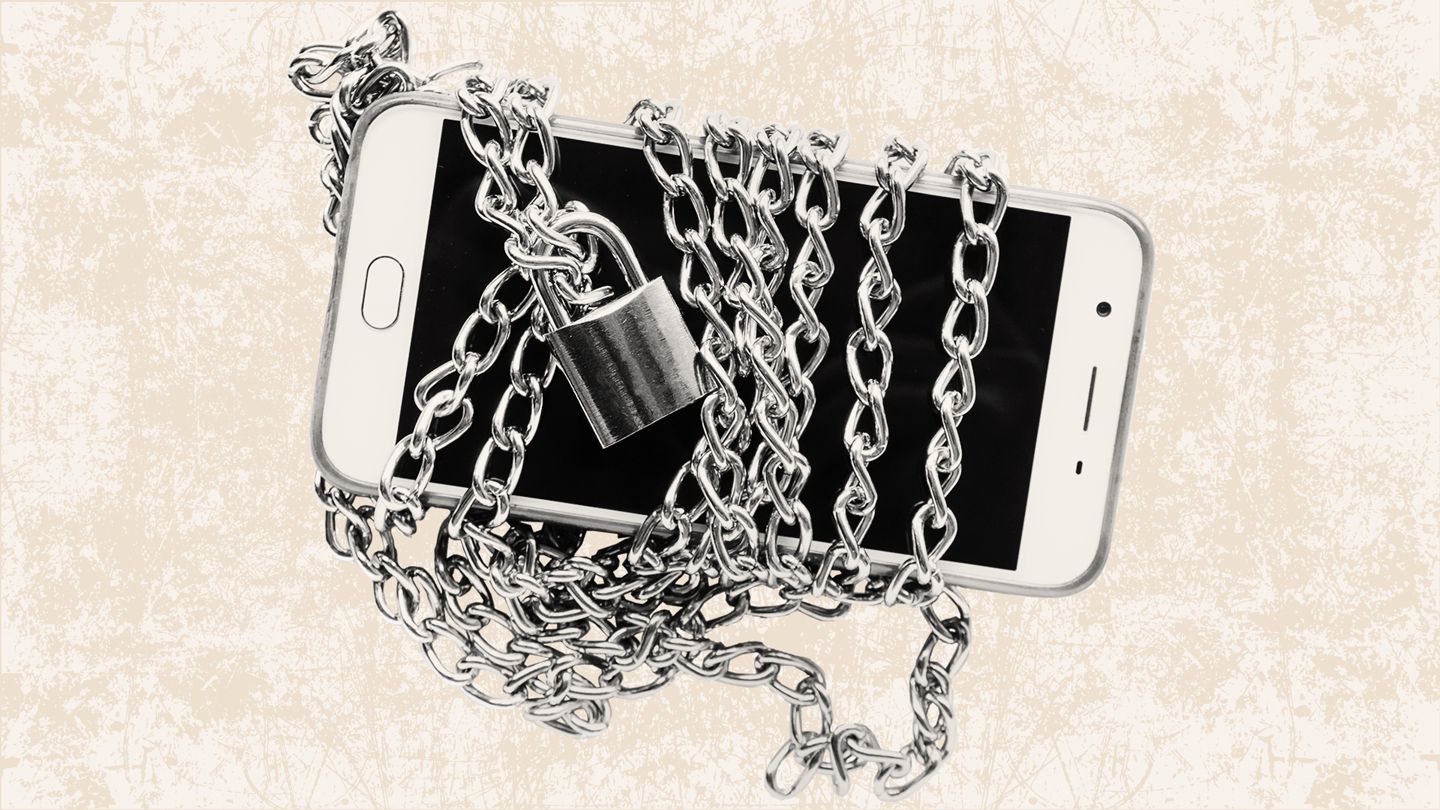 A digital detox can help us regain control over our technology use.
A digital detox can help us regain control over our technology use.
Instead of being on a smart device before going to bed, McKenna stated that reading or doing activities such as crossword puzzles would be a better alternative. In lieu of using a phone as an alarm clock, buying a cheap alarm clock would do the trick. Additionally, McKenna suggested downloading meditation apps on the smartphone, such as Calm.
 Meditation apps can help us find calm in a chaotic world.
Meditation apps can help us find calm in a chaotic world.
Smartphone overuse does not just affect adolescents and teens, which is why McKenna stressed the importance of parents and adults to model good phone usage. While tech advances have certainly made some aspects of life easier, it is important to be mindful of how much a cellphone is being used on a daily basis.
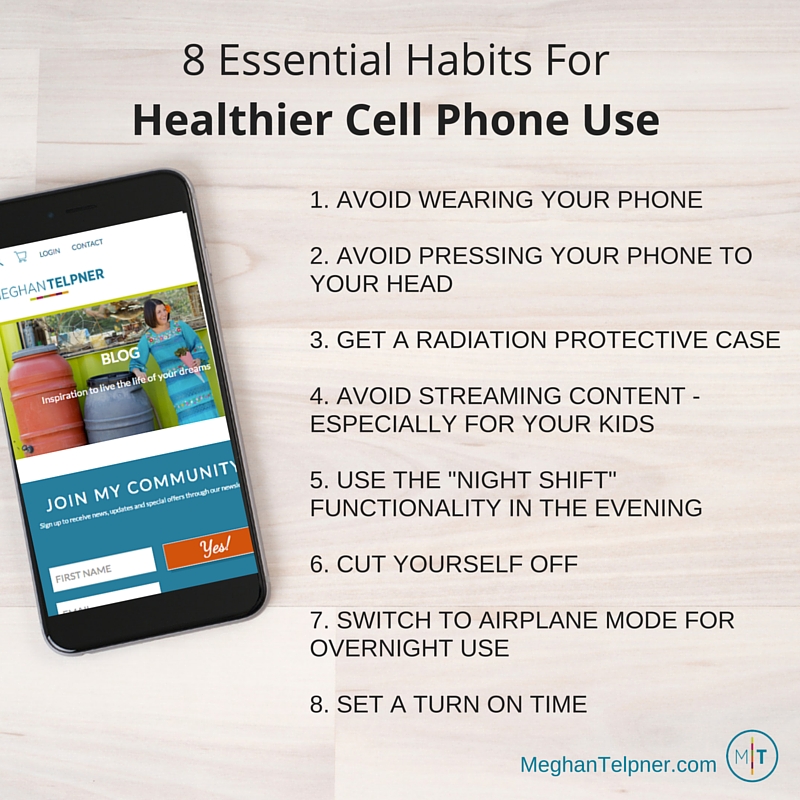 Modeling good phone usage is crucial for our children’s mental health.
Modeling good phone usage is crucial for our children’s mental health.
In conclusion, technology is a double-edged sword. While it has made our lives easier in many ways, it also brings about new challenges that we need to be aware of. By being mindful of our technology use and setting boundaries, we can regain control over our lives and improve our mental health.













